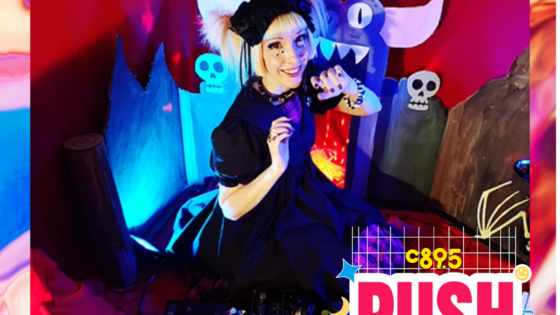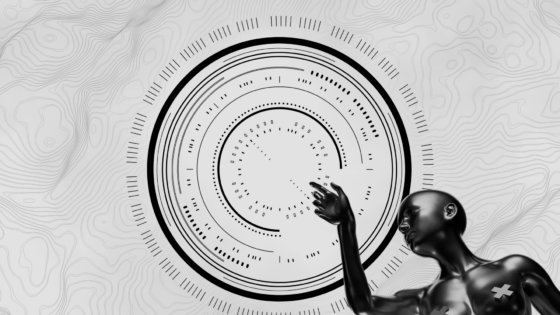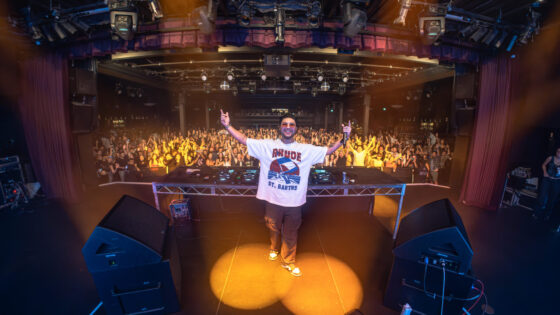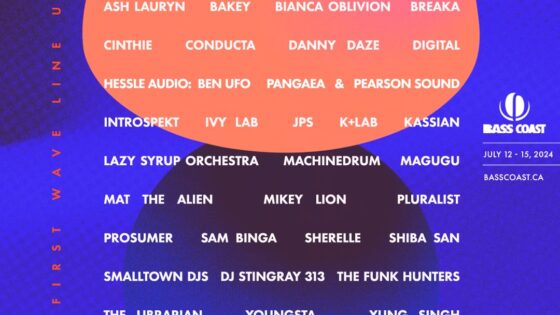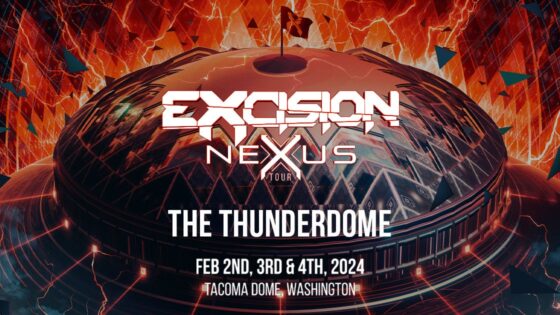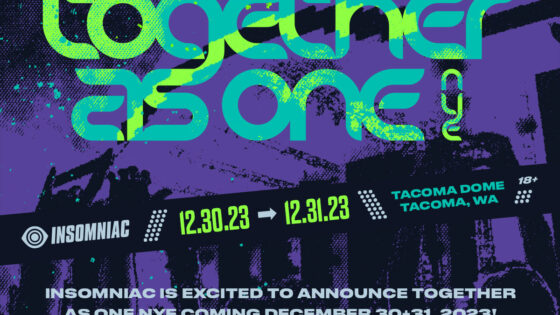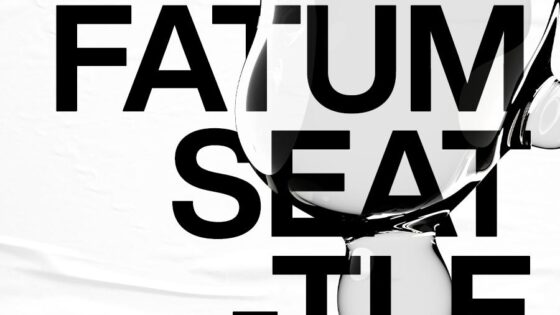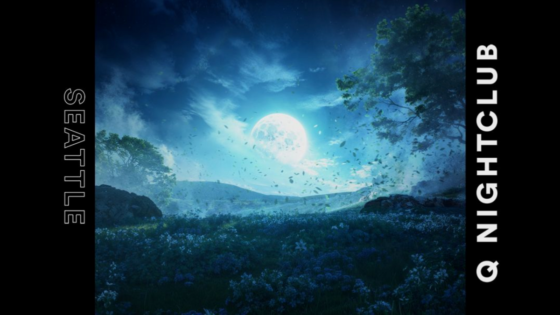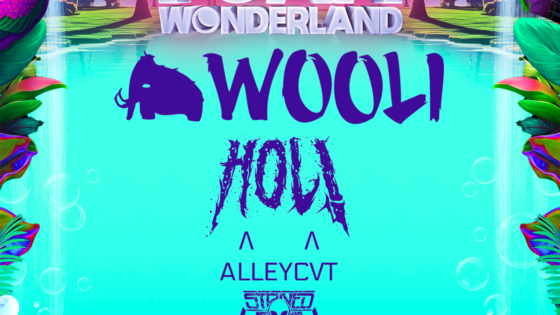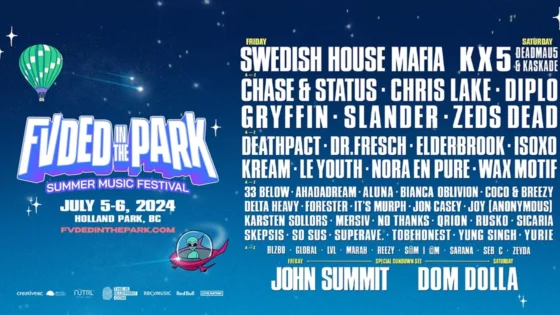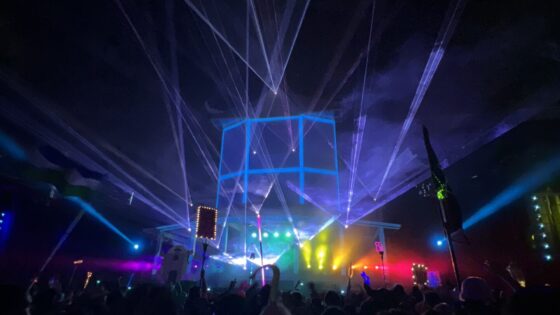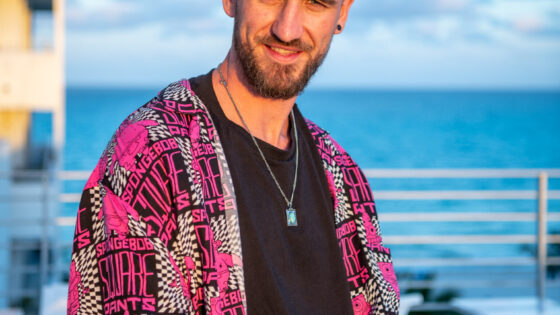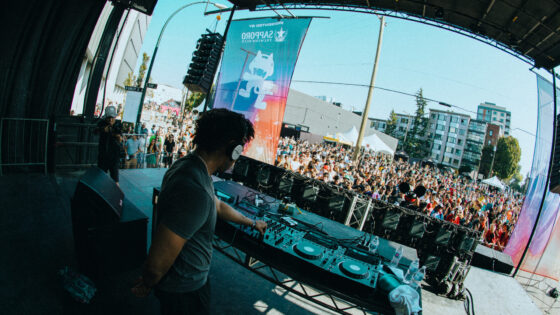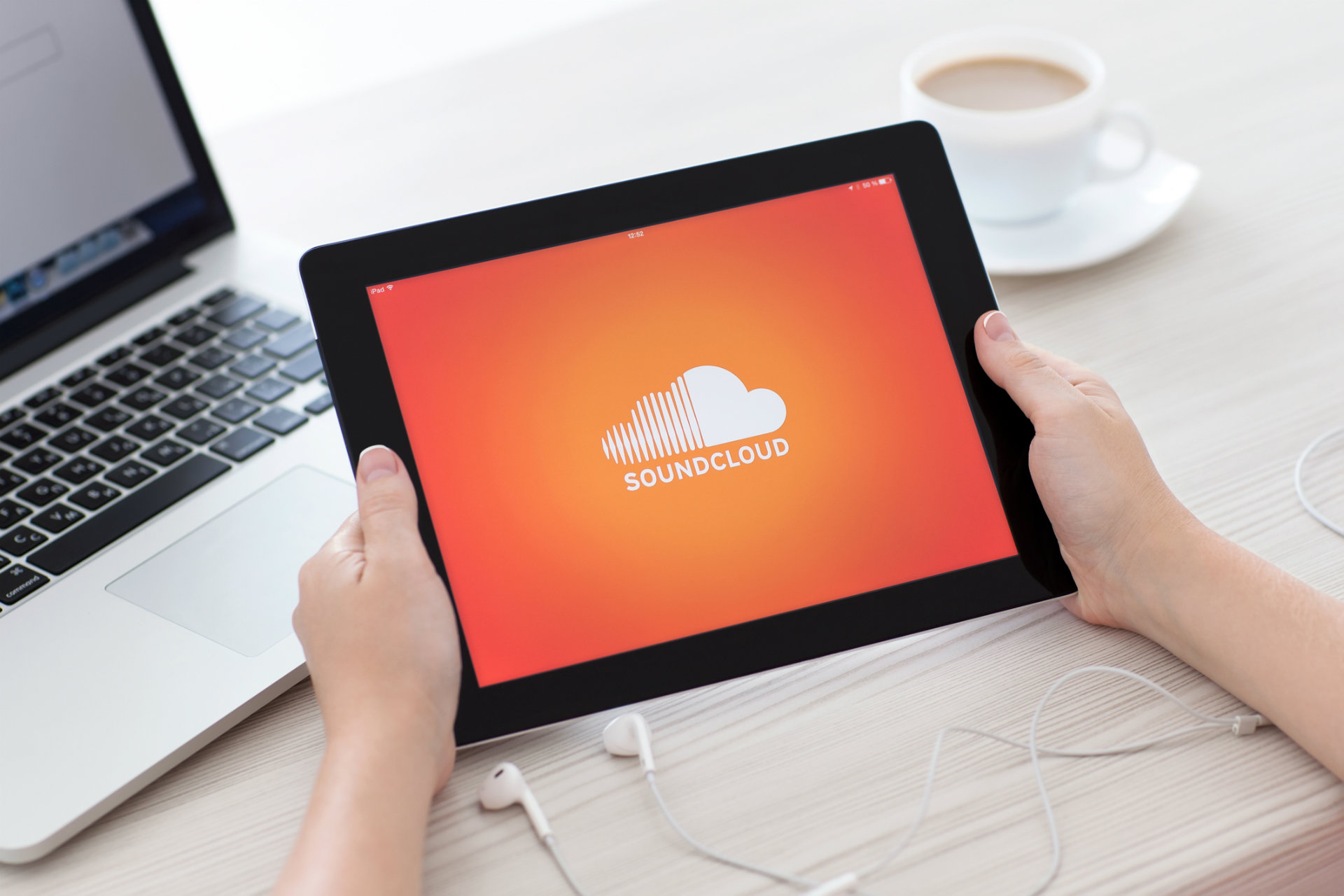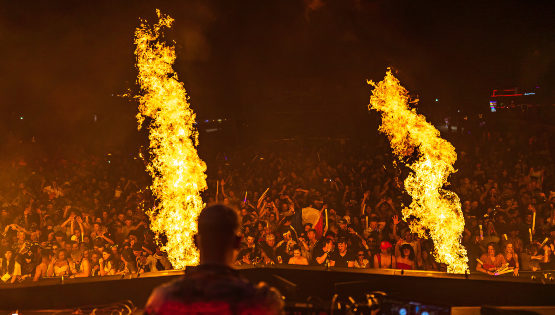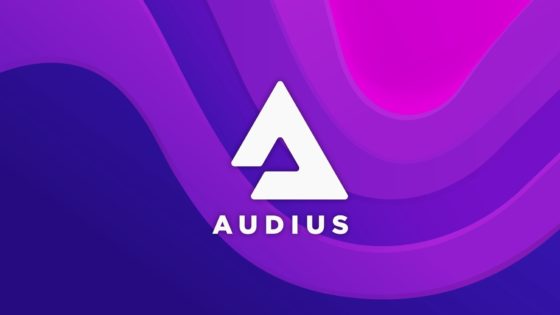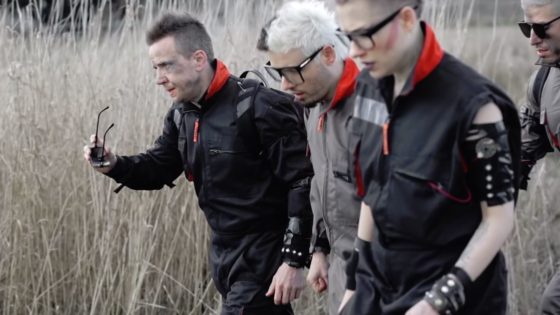We get it, EDM world. Everybody hates Soundcloud. The interface is outdated, tracks often don’t play, and artists routinely get their own music taken down by the Copyright Police. Just a couple days ago artist Maor Levi was the latest victim of Soundcloud’s insane copyright policies, actually having his entire account shut down for copyright infringement.
Dear fucking SoundCloud Go fuck yourself, for taking down a track after almost 3 years it was up on my fucking page…
Posted by Maor Levi on Tuesday, December 29, 2015
So what the fuck Soundcloud? It’s one thing to have an unauthorized remix or sample taken down, but an artist’s own music? The entire account of a major artist? What gives? The anger and frustration with Soundcloud as a platform builds daily, so why do they keep punishing artists for marketing their musical property? The answer is simple: it isn’t their musical property to share.
Sound Recording vs. Composition
Simply put, when a song is recorded there are two pieces of copyright that are created: a sound recording and a composition. The composition is the notes, melody, lyrics, and patterns. The sound recording is the actual recording of the composition. This distinction is critical to understanding why an artist’s label can have an artist’s music removed from their own Soundcloud account.
99% of the time, an artist’s contract with a record label dictates that the sound recording belongs to the label. This means any use of the “master” recorded version of a song (think the version that comes on an album or EP) is the record label’s property…and its copyright to protect. That might seem messed up, but it’s how the industry currently operates.
On the flip side, the songwriters of a track have copyright over the composition. This means the artist (and any other credited producers/songwriters) can choose to allow or not allow covers, lyrics websites, sheet music books, etc to use their composition.
The Exceedingly Cocked-Up World of Music Rights
Anyone who wants to use a sound recording, even the person who recorded it, has to get permission directly from the record label that owns it. For any purpose. This is why Ultra Music or Warner Bros. can pull all of Kaskade’s own music from Soundcloud. Those files of the recordings don’t technically belong to him.
There are many types of music streaming services, each with a different set of Congressional rules dictating what licensing they need to operate. Soundcloud is categorized as an “on-demand streaming” service, meaning users can listen to whichever tracks they want, on demand. From an intellectual property law standpoint, Soundcloud is the same as Spotify or Apple Music. In order for a piece of music to exist on the system, a license must be obtained both from the person who owns the sound recording (label) and the songwriter(s) who own the composition (the artists).
When an artist uploads “their” music onto Soundcloud, they aren’t just uploading their composition. They’re also uploading the record label-owned sound recording. Since Soundcloud doesn’t have much in the way of compensating labels and songwriters for plays of their music, this is considered copyright infringement. It really is as simple as that. Labels are a business, and would rather get paid for their sound recordings than allow free publicity and downloads for an artist.
DMCA Takedowns
Everyone kinda sorta understands the Digital Millennium Copyright Act, but takedowns consistently confuse us. At their core, they’re just as simple: if a service like Soundcloud is found to be hosting copyright-infringing material, it can be exonerated from responsibility by complying with a takedown notice issued by the copyright holder.
In other words, if Kaskade uploads music owned by Ultra Music, Soundcloud can avoid legal action by removing the music when it receives a takedown notice from Ultra.
This brings us full circle on Soundcloud takedowns. At the end of the day, the law is blind toward songwriters who don’t own their sound recordings. It treats them the exact same way as someone uploading a pre-release album to the Pirate Bay. If you don’t own a sound recording and you use a sound recording without license, even a small section of it, you’re breaking the law. For any reason.
What Can Artists Do?
OK so copyright law is stacked against artists. Everyone kind of already knows that, even if they weren’t aware of just how messed up it can get (see above). Without a massive legal team or an army of flying laser condors, what’s a local EDM artist or group of artists to do? Simple.
Start your own label.
Why do record labels exist anyway? In the past, the means for creating recorded music were so expensive and intensive that no common person could afford them. Record labels gave artists access to recording tools in exchange for ownership of the recordings, and had built the relationships with brick-and-mortar distributors and sellers to get that music to the masses.
Ironically, the same reason you might think Soundcloud is fucked is the reason you might not need a big label. If you own the rights to your compositions and your sound recordings, Soundcloud represents literally the best musical promotions channel you can get. For free. Once you’ve built a good-sized following for yourself, start a damn record label. It costs almost nothing to incorporate an LLC in Washington, Oregon, Idaho, or British Columbia, and once your sound recordings are registered to your label no one on Earth can tell you what to do with them but you.
Artists like Griz, Grammatik, Pretty Lights, and many others have seen they no longer need the power of a label to make a huge splash in the EDM ecosystem. Grammatik even gave away all his music on the Pirate Bay. Just because he can. It’s this kind of co-op, collective mentality that just might save the EDM industry from itself, when and if the bubble eventually bursts.
At the end of the day, copyright law is still 20 years outdated. The means of digital production and distribution are moving too fast for the law to keep up, but they also can’t stop it from happening. Despite EDM artists making a big show of leaving Soundcloud, Soundcloud is growing, by some accounts now the most popular streaming service in the world.
Don’t get left behind. Learn the system, learn the rules, and empower yourself to thrive despite the cards being stacked against you. That’s what counter-culture music is all about.
Important things happen in Pacific Northwest nightlife, and DMNW will send you alerts!



